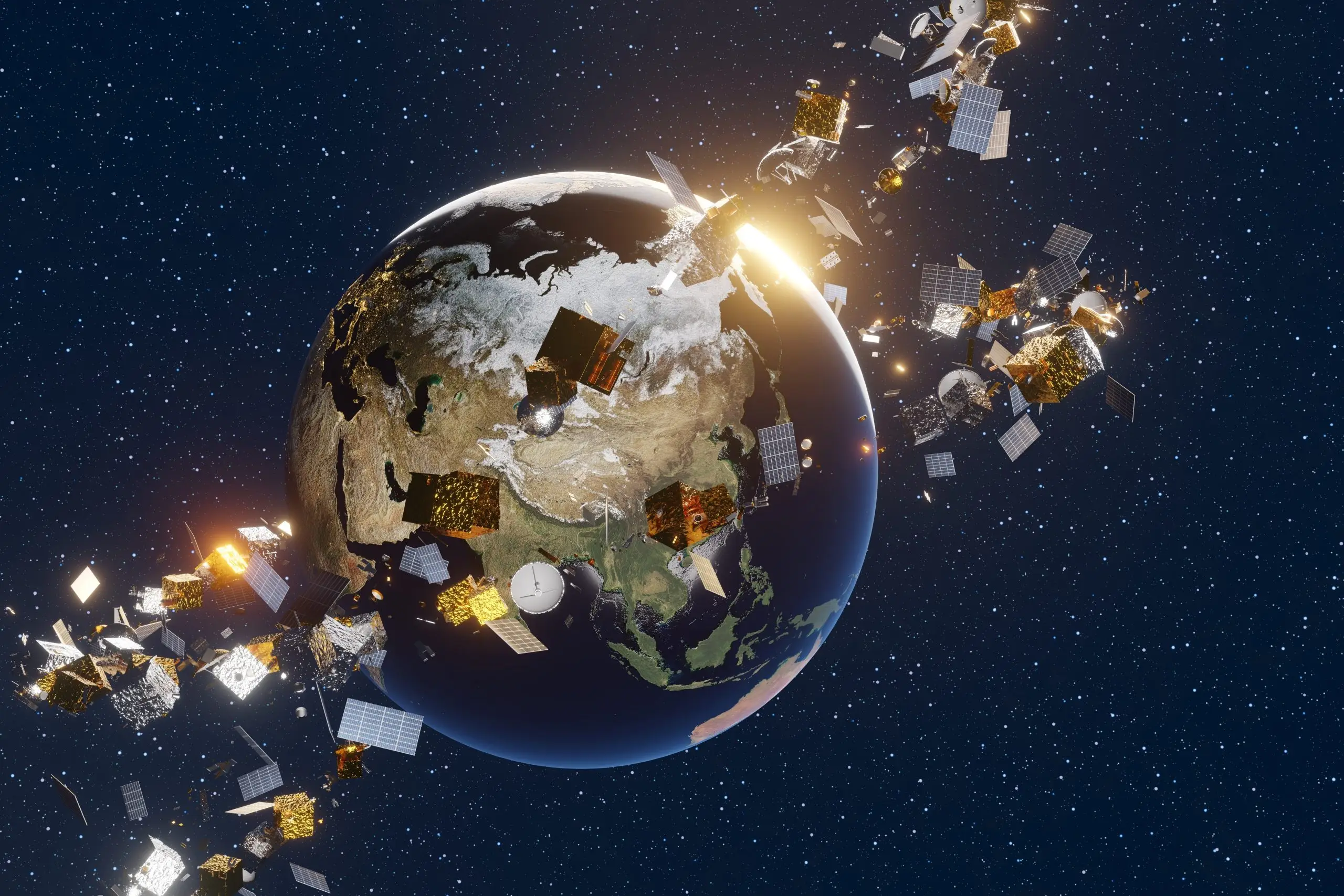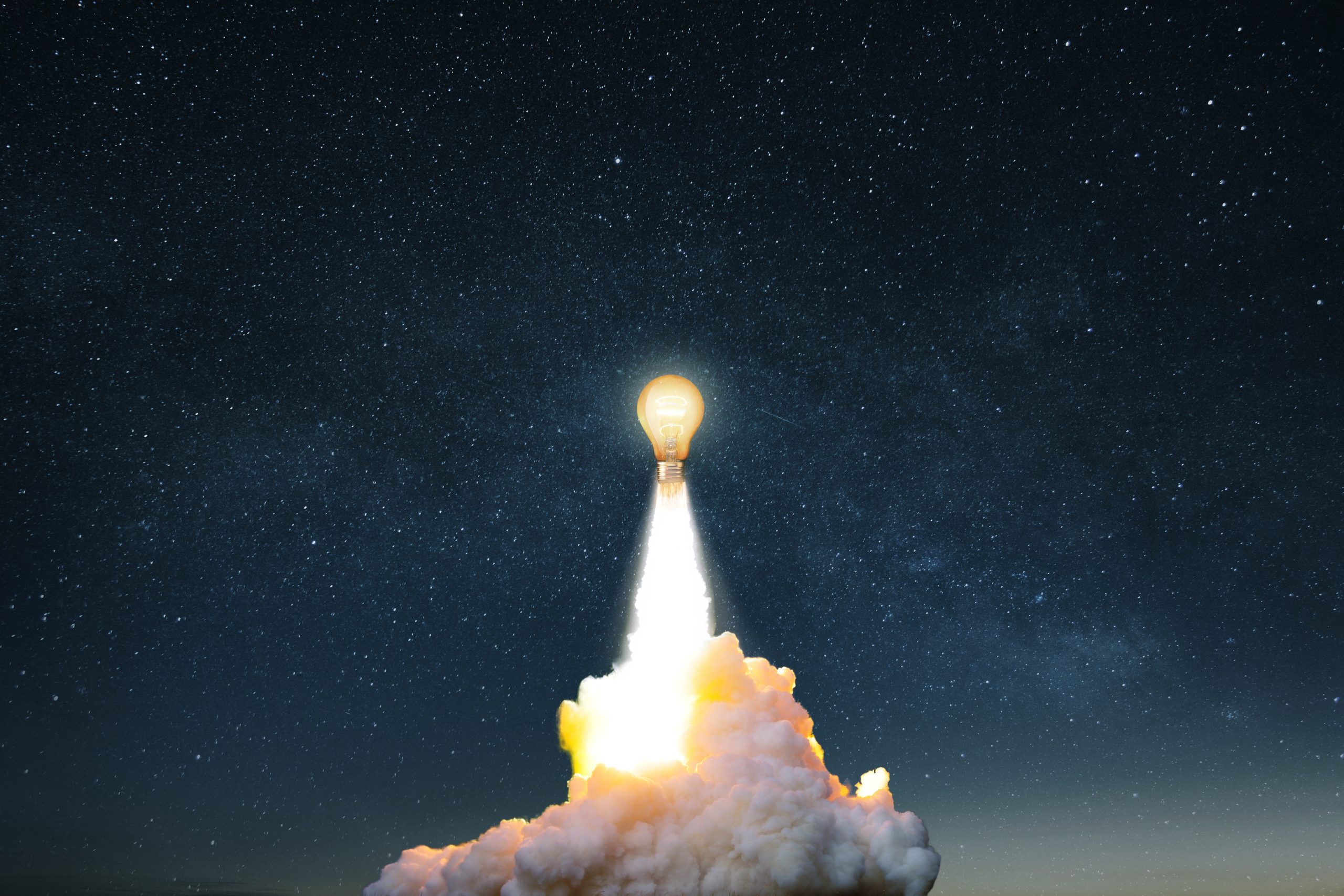How AI in Space Will Transform the Launch Industry
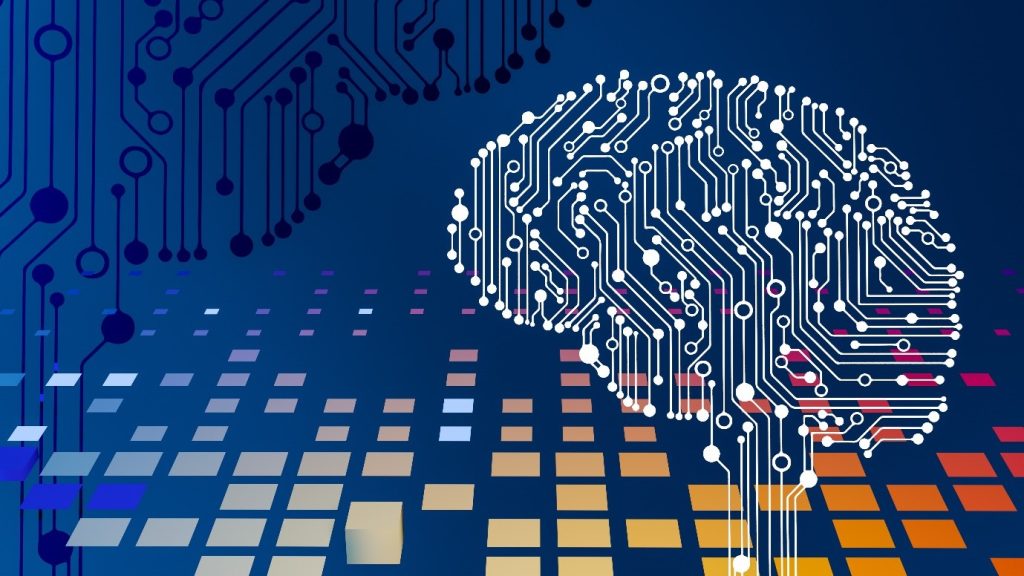
Artificial Intelligence (AI) is starting to play a part in many aspects of the human experience, from healthcare and entertainment to transportation and agriculture. As such, we are on the cusp of witnessing AI’s impact on one of the most challenging and complex sectors in the UK: rocket launch.
As companies like Skyrora are rapidly progressing towards a future in UK launch and space exploration, the integration of AI technology in the space industry is likely to lead to vast improvements in efficiency, reliability, and safety.
Advantages of AI in Space Exploration
Design and Development
The design and manufacturing of a launch vehicle is a significant undertaking. Traditional methods, although effective, often require countless physical tests to perfect designs and ascertain their resilience. With the infusion of artificial intelligence into the process, this paradigm is shifting. AI-driven simulations offer a game-changing advantage, capable of sifting through design permutations quickly and even suggesting solutions beyond the realm of conventional engineering intuition. This intelligence may go a long way towards optimising rockets for performance and safety.
Equipment longevity and reliability are also key in the manufacturing of launch vehicle technology. Unplanned downtimes not only carry a hefty price tag but also compromise mission objectives and safety. This is where predictive maintenance becomes crucial. Unlike traditional maintenance models which react to problems, predictive maintenance proactively addresses them. By sorting through immense data sets, AI-driven machine learning models can discern patterns and outliers which might indicate potential failures. This nuanced understanding allows the forecasting of component failures even before they manifest any overt symptoms.
For the burgeoning rocket launch industry, the implications of this are profound. Primarily, it dramatically minimises the chances of launch delays due to unexpected technical glitches, as well as extending the launch vehicle’s overall operational lifespan and maximising its utility. It further heightens the safety parameters for payloads, ensuring they're not jeopardised by sudden equipment malfunction.

Automation and Launch Safety
AI in the space industry may be further employed to ensure a smooth launch by, for instance, suggesting optimised launch parameters. By utilizing AI, we can harness the power of advanced algorithms to pinpoint the most ideal launch parameters. This adaptive approach not only ensures a robust success rate for missions but can also usher in considerable cost savings.
Having begun the launch sequence, human intuition and expertise play a significant role in the success of the launch. However, with its capability to rapidly assess countless data points in real-time, AI in space can arm mission controllers with crucial insights, bolstering the success of a launch attempt.
Once in space, it is known that the orbital environment is becoming increasingly congested, hence intensifying the need for effective space traffic management. AI stands out as a potent solution in this domain. With its prowess in monitoring and forecasting the trajectories of innumerable orbiting entities, AI in space can propose vital tweaks to launch timelines or satellite orbits. This proactive approach not only safeguards space assets but plays a pivotal role in preserving our orbital environment.
Finally, rocket launch safety is arguably the most crucial aspect of any mission to space. Ensuring that every protocol is sound and every contingency is accounted for is non-negotiable. AI can be instrumental in refining these safety measures. By running simulations of diverse emergency situations and drawing lessons from each mission, AI fosters a culture of continuous learning. This iterative process ensures that every subsequent mission is underpinned by heightened safety standards, making space exploration progressively safer with each endeavour.
Ultimately, as we venture further into space, the symbiosis between human expertise and AI-driven insights will be vital in ensuring the success and safety of our launch endeavours.
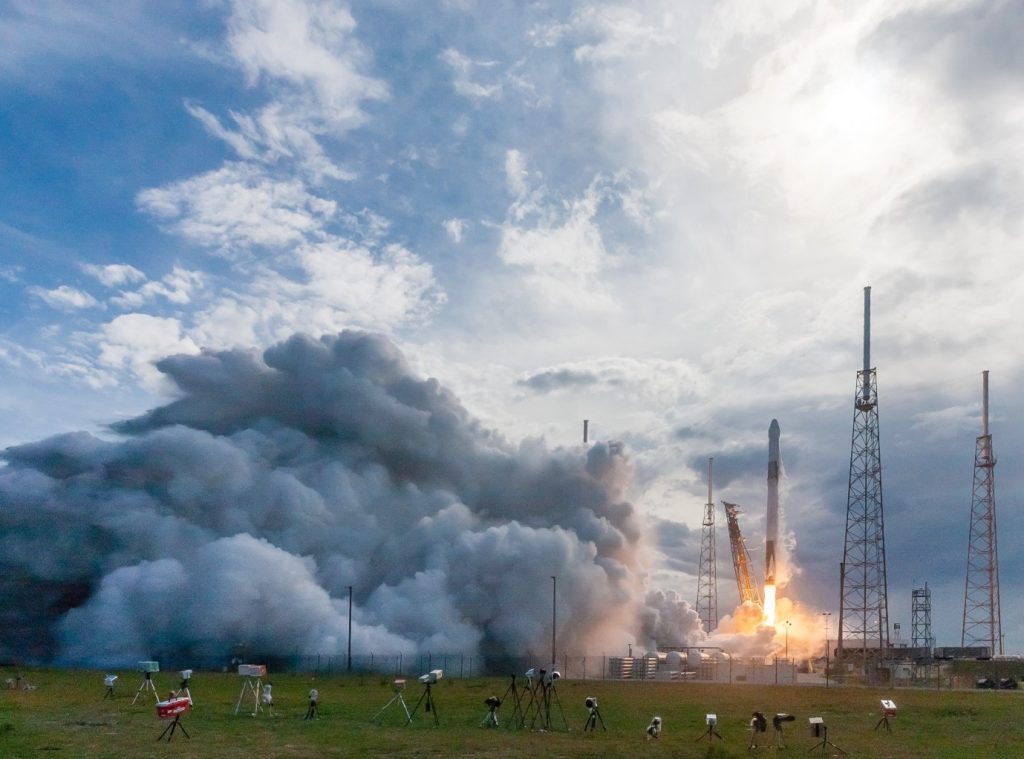
Efficient Resource and People Management
The successful execution of launch hinges on the meticulous management and allocation of resources. Resources in the aerospace industry aren't solely limited to tangible materials like fuel or equipment but also encompass the invaluable human resources—engineers, technicians, ground crew, and other personnel who work tirelessly behind the scenes.
The modern era of data-driven decision-making offers a significant advantage in this context. With the integration of AI-driven analytics, there's an unprecedented ability to predict, model, and allocate resources with a precision that was previously unattainable. These systems can analyse and assess data patterns, recommending the most effective deployment of resources. The ultimate goal is twofold: achieving optimal cost-efficiency and ensuring that quality and safety standards remain uncompromised.
Similarly, engineers, technicians, and other professionals in this field must constantly update and refine their expertise due to the rapid advancements in technology and processes. To bridge this knowledge gap, AI-driven virtual assistants and training modules are transforming the learning paradigm. Rather than a one-size-fits-all approach, these AI systems can gauge the strengths, weaknesses, and learning styles of an individual. This means that a new engineer or technician can receive a tailored training program that addresses their unique needs, helping them ascend the learning curve rapidly. Moreover, beyond just initial training, AI-driven platforms can also serve as real-time assistants, providing instant information or guidance during complex operations or tasks.
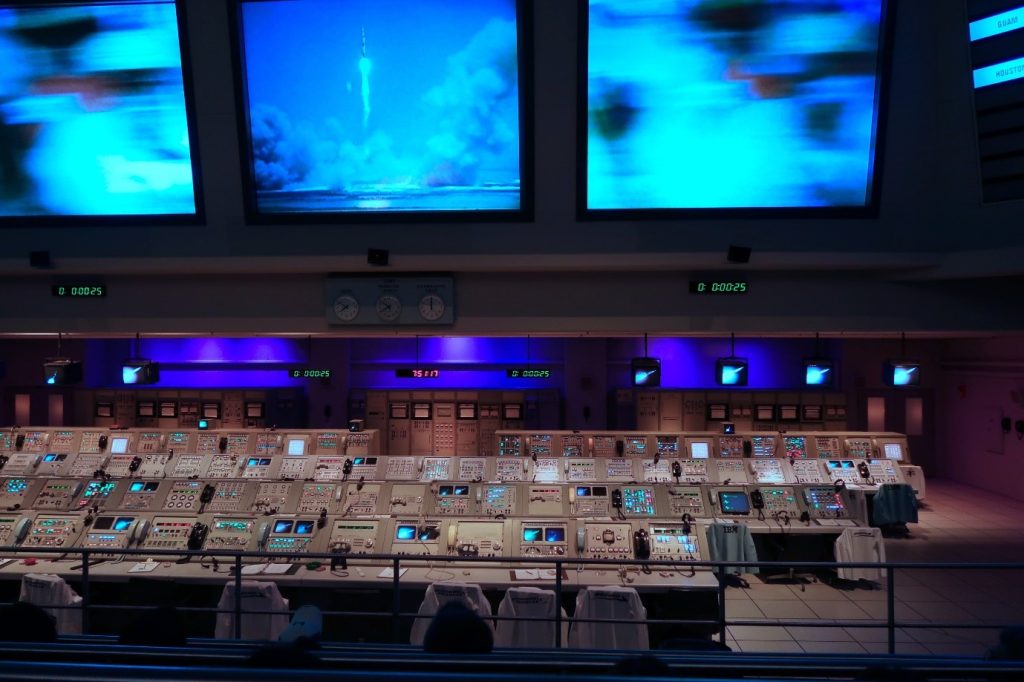
Ultimately, the future of AI in space promises an environment where space exploration and satellite deployment are more efficient, reliable, and safe. As companies like Skyrora lead the charge into UK rocket launch, the collaboration between AI and humans will undoubtedly mark a new era in the industry.

